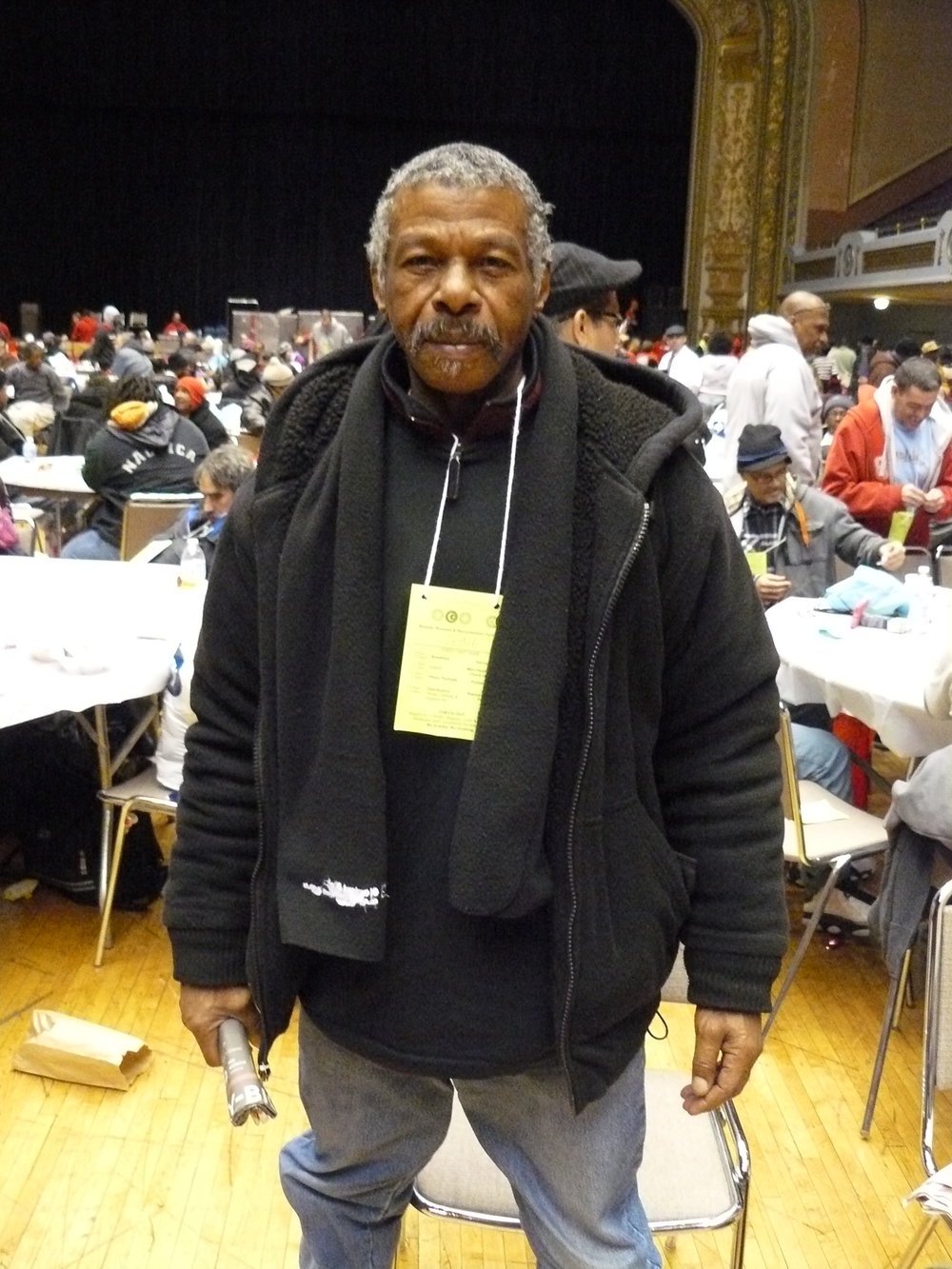COHHIO Gives Summary of Ohio Budget

MEMO TO HOUSING ADVOCATES
FROM: Bill Faith, Executive Director, COHHIO
RE: Biennium Budget Bill Housing Provisions
Today, the Kasich Administration released its budget proposal for the next two years. Over the coming days and weeks, there will be lots of details to uncover but we want to highlight a few issues related to housing and homelessness where we know the administration is taking some action.
1.) The Ohio Housing Trust Fund - The OHTF will continue to receive the $50 million in each of the next two years, but an additional helpful step is the formation of a reserve fund to help stabilize year-to-year funding fluctuations. Since 2003, the OHTF has been supported by a fee tied to recording of documents at the county level up to a maximum of $50 million per year. The budget proposal amends the OHTF statute to create a $15 million reserve amount to be used to fill the gap in years when the $50 million level is not reached.
2.) Homeless Youth Employment Assistance - Historically, funds available through WIA (Workforce Invest Act) -- now WIOA (Workforce Innovation and Opportunity Act) -- have not worked well in many communities assisting homeless people or other vulnerable populations, such as transition aged youth. WIOA funds are now being shifted to focus on disconnected youth (including homeless youth) ages 16 to 24. Additionally, the Administration has committed to focus more job opportunities and supports to homeless youth, with a portion of the governor’s discretionary WIOA funds helping homeless youth gain employment as they stabilize their housing.
3.) Continued Health Care Coverage – Everyone remembers the battle two years ago to extend health care coverage for more low-wage workers and vulnerable people left out of the Medicaid program. The Governor’s budget provides for the ongoing funding and coverage necessary to support this critically important health care coverage.
4.) Supportive Housing and Medicaid -- The Administration has signaled that it supports, through changes in the state Medicaid plan, an expanded package of supportive services which will allow housing and service organizations to help people who experience chronic homelessness remain in stable housing.
5.) Other Housing Resources in Budget Plan –
a.) The budget plan includes $5m to expand the recovery housing capacity over the next two years. This continues and expands on the $10 million provided last year in the mid-biennial review.
b.) Initiates a pilot program for a subsidy to housing providers that support low-income people with disabilities at $1 million a year through a partnership with the Department of Medicaid the Ohio Housing Finance Agency.
c.) Sustain funding for Residential State Supplement program at $15M annually while MHAS works to improve the quality of the RSS housing.
6.) In addition to the budget points mentioned above, the administration will leverage the following additional resources it has received or is expected to receive in the near future:
a.) Ohio will begin preparing for the receipt of National Housing Trust Fund (NHTF) dollars, expected to be approximately $10 million a year. The Kasich Administration announced February 2nd that the Ohio Development Services Agency will administer the NHTF and OHFA will develop the allocation plan and allocate program funds. The NHTF will provide revenue to build, preserve, and rehabilitate housing for people who are extremely low income.
b.) A $3.6M Cooperative Agreement to Benefit Homeless Individuals (CABHI) grant was awarded to OMHAS to provide programming and services for individuals who are chronically homeless. The funds will be used to leverage PATH to reach 820 people over the next three years in 5 Ohio cities.
c.) Finally, Ohio is expected to receive news in early 2015 of being awarded almost $12 million in HUD Section 811 grant that will allow OHFA and Medicaid to develop and subsidize over 500 units of rental housing with supportive services for low-income adults with a disability. This resource will work with existing units to create long-term housing success.
To learn more about how these and other budget measures will impact housing across the state, consider attending the COHHIO conference April 13-15.
All the best, and thanks for your support.
Bill Faith, Executive Director
COHHIO
